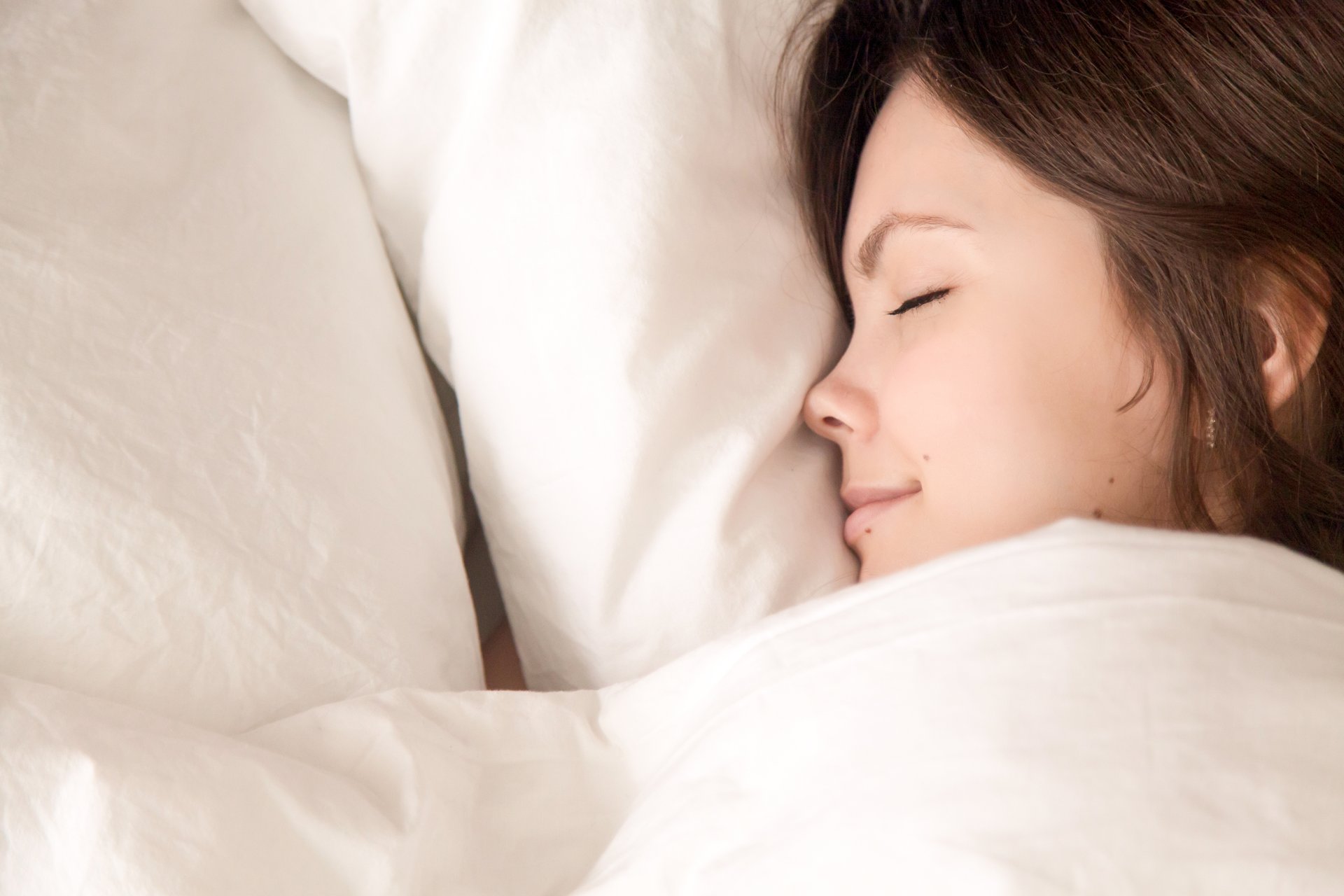
Daylight saving time starts on Sunday morning, March 10. And for many Americans, the change is a problem to lose some sleep over.
Springing ahead one hour can take the pep out of your step. People on average sleep 40 minutes less than their normal amount on the night following the springtime change, the National Sleep Foundation says.
The consequences show on Monday:
- Cyberloafing: On the Monday after shifting to daylight saving time, employees spend more time than normal surfing the web for content unrelated to their work, according to a Penn State study. The surfing results in potentially massive productivity losses, the study concluded.
- Heart attacks: The number of acute myocardial infarctions jumps 24 percent on the Monday after the springtime change, according to a 3½-year study published in the cardiology journal Open Heart in 2013.
- Workplace injuries: An analysis of mining industry injuries from 1983 to 2006 revealed that on the Monday after the time change, workers sustained more workplace injuries and their injuries were more severe compared with other days.
In addition, when we’re tired, we don’t always make the best decisions or maintain self-control, researchers say — which can affect your bottom line beyond boosting your spending on coffee.
Tips to take care of yourself
So, how can you make the best of the switch to daylight saving time?
For starters, don’t make big spending or life choices if you are sleep-deprived, says Lauren Hale, a professor at Stony Brook University School of Medicine.
“This advice should apply all year long, of course,” said Hale, who is also the founding editor-in-chief of the journal Sleep Health.
Also, pay close attention to light exposure, because it will be brighter outside at bedtime now, Hale said.
“This means you should be sure to shut your shades in addition to shutting off your screens at bedtime,” she said, referring to use of smartphones, computers and TVs. Those devices’ blue-light-emitting screens have been shown to disrupt our sleep.
Following are more tips from Hale, the National Sleep Foundation and Dr. Jeffrey Barasch, medical director of the Valley Hospital Center for Sleep Medicine in Ridgewood, New Jersey. They can help you fend off the effects of the time change and restore your well-being — and your ability to make wiser spending decisions:
- Catch up on sleep before the weekend.
- Go to bed at your usual time after the time change.
- Get up at your usual time regularly.
- Get sunlight soon after awakening; go outside for a walk.
- Avoid sunlight or bright light in the evening.
- Don’t nap within a few hours of your regular bedtime.
- Avoid caffeine, nicotine and alcohol for several hours before bedtime.
For more sound sleeping tips, check out “16 Affordable Ways to Ensure You Sleep Like a Baby.”
What’s your strategy for springing forward? Share it below or on our Facebook page.





Add a Comment
Our Policy: We welcome relevant and respectful comments in order to foster healthy and informative discussions. All other comments may be removed. Comments with links are automatically held for moderation.